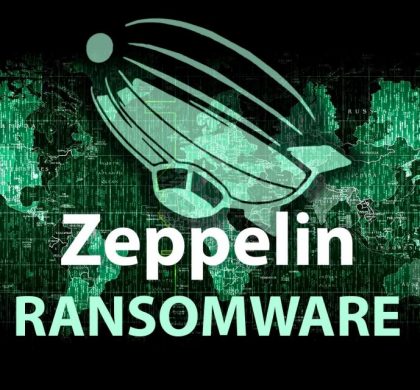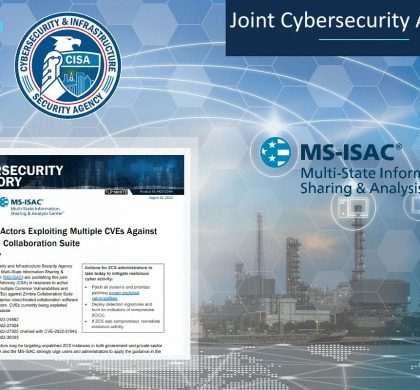Global Critical Infrastructure Potentially Vulnerable To Reflected Amplification-Based Denial-Of-Service (RDoS) Attacks Introduction Over the past few weeks, Cyble Research & Intelligence Labs has observed the active exploitation of a recently discovered vulnerability found in the Palo Alto Networks’ PAN-OS operating system that runs the firewalls and could allows a remote Threat Actor (TA) to conduct reflected and amplified TCP denial-of-service (RDoS) attacks against the their...
Read More
Cyble Research and Intelligence Labs (CRIL) has been tracking the activities of various Android Banking Trojans such as Hydra, Ermac, and Amextroll, amongst several others. During a routine threat-hunting exercise, we came across a Twitter post where a researcher mentioned a malware sample. After an in-depth analysis, the malware was identified as a new Android Banking Trojan variant targeting over 40 applications from Peru. The Threat Actor (TA) uses the...
Read More
Technical Details Note: this advisory uses the MITRE ATT&CK® for Enterprise framework, version 11. See MITRE ATT&CK for Enterprise for all referenced tactics and techniques. Zeppelin ransomware is a derivative of the Delphi-based Vega malware family and functions as a Ransomware as a Service (RaaS). From 2019 through at least June 2022, actors have used this malware to target a wide range of businesses and critical infrastructure...
Read More
An authentication bypass Zimbra security vulnerability is actively exploited to compromise Zimbra Collaboration Suite (ZCS) email servers worldwide.According to threat intelligence firm Volexity, attackers have been abusing a ZCS remote code execution flaw tracked as CVE-2022-27925 requiring authentication with the help of an auth bypass bug (tracked as CVE-2022-37042). Description: CVE-2022-27925: Zimbra Collaboration (aka ZCS) 8.8.15 and 9.0 has mboximport functionality that receives a ZIP...
Read More
Description:kernel/bpf/verifier.c in the Linux kernel through 5.15.14 allows local users to gain privileges because of the availability of pointer arithmetic via certain *_OR_NULL pointer types. An attacker must first obtain the ability to execute low-privileged code on the target system in order to exploit this vulnerability. Impact: A local attacker may exploit this issue to gain elevated root privileges on the affected system. Mitigation: Updates...
Read More













